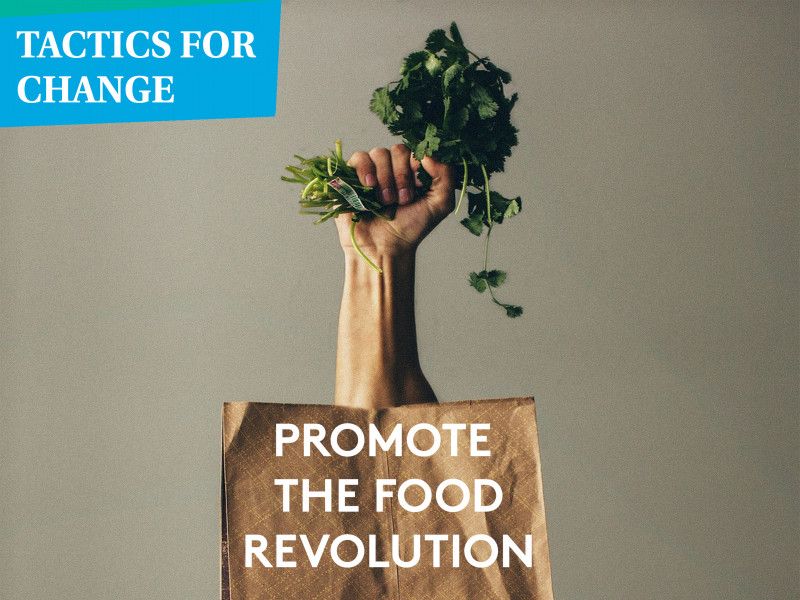From its fresh flavours to pleasing presentation, food lies at the very heart of animal existence. Unfortunately, the procurement of food by one animal in particular, the human, has wreaked havoc on the natural support systems that allow food to grow in the first place. This is a serious issue, with fertilizers acidifying the oceans and killing the life it contains, and its over-use leaving behind nothing but wasted land. The production of meat by the livestock industry alone is estimated to contribute 14.5% of global greenhouse gas emissions (FAO, 2018).
It follows that we need to have a closer look at how we produce and consume food. While consumption in itself should not be seen in a negative light, we need to consume responsibly to ensure the wellbeing of future generations and the planet. How to go about this task may seem elusive at first, yet the GDS-Index Whitepaper seeks to help. We have a few practical examples to share that may inspire the events and tourism industry to play a bigger a part in promoting the food revolution.
Ljubljana: Locally Grown Food Exchange
The capital of Slovenia, and European Green Capital in 2016, realised that restaurants in the city were not using enough local produce. To tackle this issue, they started an initiative that brings together local suppliers (farmers, producers) and buyers (hotels, restaurants). Not only did this professionally moderated exchange facilitate inter-personal meetings, but it also created long-lasting relationships and produced a catalogue listing what local suppliers had on offer and what buyers needed. The Locally Grown Food Exchange started in 2018 and has now become a biannual event. It continues to grow in both participant number and the elements that it comprises – for example from January 2019 a monthly list of seasonal ingredients and the farmers that can supply them is created by Ljubljana’s Department of Environmental Protection.
Thailand: Tackling Food Waste
By building on the success of its Farm-to-Function programme, the Thailand Convention and Exhibition Bureau (TCEB) developed a Food Waste Prevention programme to educate and encourage the Thai business events industry to reduce food wastage. Deeply aligned with the United Nations’ Sustainable Development Goals it seeks to combat hunger, reduce waste, and mitigate climate change. This third party audited standard is articulated around nine key pillars that include policy, staff awareness, and the implementation of a food waste monitoring system. It has been piloted in 10 hotels so far, and already accumulated over 530,000 EUR in cost savings, and reduced carbon emissions by 383 tons. TCEB created a short video to summarise the programme, for your viewing pleasure.
What can my DMO and its city partners do to catalyse a better food future?
- Research and share the risks to the industry from climate change, environmental change and societal shifts
- Engage and scale sustainable food standards and certifications
- Promote a data revolution that connects more intelligent supply and demand chains
- Inspire and promote greater collaboration between suppliers and clients
- Promote stories of best practices and local food heroes
- Catalyse the development of a regenerative food manifesto for the destination
To conclude, leaders in the GDS-Index have identified that a local, and healthy approach to gastronomy, can be turned into a competitive advantage. It can also be a pathway to job creation and increase social inclusiveness whilst helping to reduce carbon emissions and other environmental pressures.
Stay tuned for next week’s post, which will continue to outline the 8 Tactics for Change that DMOs can take to become more sustainable destinations. If you are eager to read more now, you can read the whitepaper here.



